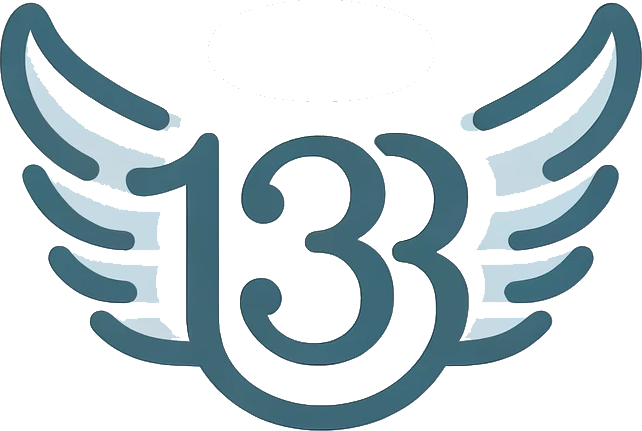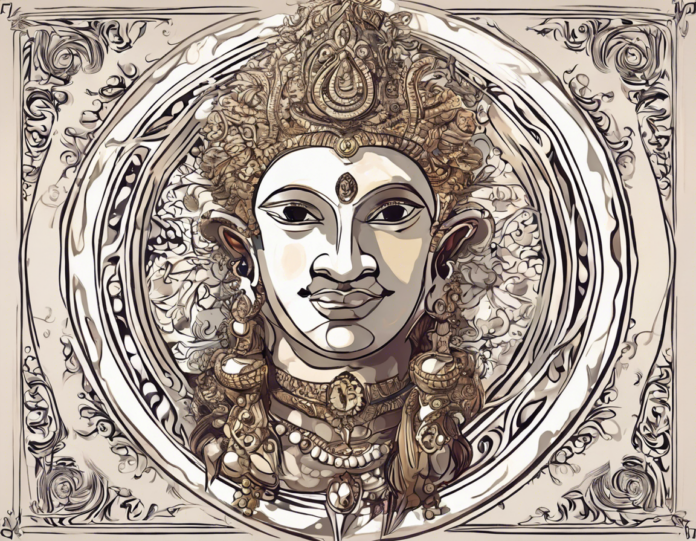The Pradosh Vrat, also known as Pradosham, is a Hindu vrat dedicated to Lord Shiva and observed twice in a lunar month during the waxing and waning phase of the moon. This auspicious day falls on the 13th day of the lunar fortnight, which occurs twice a month and holds special significance for devotees of Lord Shiva. In the month of July 2023, the Pradosh Vrat dates are as follows:
-
July 8, 2023 (Saturday) – Shukla Paksha Pradosh Vrat: This Pradosh Vrat falls during the waxing phase of the moon (Shukla Paksha) and is considered highly auspicious for seeking the blessings of Lord Shiva.
-
July 23, 2023 (Sunday) – Krishna Paksha Pradosh Vrat: This Pradosh Vrat falls during the waning phase of the moon (Krishna Paksha) and is equally significant for devotees to offer prayers and perform rituals dedicated to Lord Shiva.
Significance of Pradosh Vrat:
The Pradosh Vrat holds immense significance in Hindu mythology and scriptures. It is believed that observing this vrat with devotion and sincerity can fulfill desires, remove obstacles, and bring peace and prosperity to the worshipper’s life. Here are some key aspects that highlight the significance of observing Pradosham:
1. Blessings of Lord Shiva:
- The Pradosh Vrat is dedicated to Lord Shiva, the Supreme deity known for his benevolence and quick fulfillment of devotees' prayers.
- Observing this vrat is said to invoke the blessings of Lord Shiva and seek his divine grace for spiritual growth and material well-being.
2. Removal of Sins and Negativities:
- It is believed that observing Pradosham with devotion can help cleanse one's sins and negative karmas, leading to spiritual upliftment and inner purification.
- The rituals performed during Pradosh Vrat are aimed at seeking forgiveness from Lord Shiva and seeking his protection from evils and misfortunes.
3. Fulfillment of Desires:
- Devotees who observe the Pradosh Vrat with dedication and faith are believed to be blessed with the fulfillment of their wishes, be it related to health, wealth, relationships, or spiritual evolution.
- The auspicious energies present during Pradosham are said to enhance the positive vibrations and help manifest one's heartfelt desires.
4. Enhanced Spiritual Progress:
- The Pradosh Vrat is considered conducive for enhancing one's spiritual progress and deepening the connection with Lord Shiva through prayers, chants, and devotional offerings.
- By observing this vrat regularly and with sincerity, devotees can experience inner growth, peace of mind, and a sense of divine protection in their lives.
5. Family Harmony and Unity:
- Families that come together to observe Pradosham collectively often experience increased harmony, unity, and blessings from Lord Shiva for their overall well-being and prosperity.
- The collective prayers and rituals performed during Pradosh Vrat can strengthen family bonds, resolve conflicts, and bring peace and happiness into the household.
Rituals and Observances during Pradosh Vrat:
Devotees who observe the Pradosh Vrat follow a set of rituals and customs to express their devotion to Lord Shiva and seek his blessings. Here are some common practices associated with observing Pradosham:
-
Fasting: Many devotees observe a fast during Pradosham, abstaining from food or consuming only fruits, milk, and non-grain food items. Fasting is believed to purify the body and mind and enhance the effectiveness of prayers.
-
Prayers and Chants: Devotees offer special prayers, chant mantras, and recite Shiva Stotras during Pradosham to invoke the blessings of Lord Shiva and seek his divine grace for spiritual upliftment and fulfillment of desires.
-
Abhishekam: Performing Abhishekam (ritual bathing) of Shiva Linga with water, milk, honey, curd, ghee, and other auspicious substances is a common practice during Pradosham to show reverence to Lord Shiva and seek his blessings.
-
Offerings: Offerings of Bilva leaves, flowers, fruits, incense, and lamps are made to Lord Shiva during Pradosham as a token of devotion and gratitude. These offerings symbolize purity, sincerity, and reverence towards the deity.
-
Visiting Temples: Devotees often visit Shiva temples on Pradosham to participate in the evening rituals, receive blessings from the priests, and experience the divine ambiance of the sacred space dedicated to Lord Shiva.
-
Charity and Seva: Offering food, clothes, and donations to the needy, performing acts of charity, and engaging in selfless service (seva) are considered auspicious during Pradosham and are believed to earn merit and blessings from Lord Shiva.
Frequently Asked Questions (FAQs) about Pradosh Vrat:
- What is the significance of Pradosh Vrat in Hindu mythology?
-
Pradosh Vrat is considered highly auspicious in Hindu mythology as it is dedicated to Lord Shiva and is believed to fulfill devotees’ wishes, remove sins, and bring blessings and prosperity.
-
Can anyone observe Pradosham, or is it meant only for certain devotees?
-
Pradosh Vrat can be observed by anyone who worships Lord Shiva and seeks his blessings with devotion and sincerity. There are no strict restrictions on who can participate in this vrat.
-
Is fasting mandatory during Pradosham, or are there alternative ways to observe the vrat?
-
While fasting is a common practice during Pradosham, devotees who are unable to fast due to health reasons can opt for fruit fast or consume simple meals. The emphasis is on devotion and purity of heart.
-
How should one prepare for observing Pradosh Vrat?
-
To observe Pradosham, one can start the day with a prayer to Lord Shiva, maintain purity of body and mind, perform acts of charity, and participate in rituals dedicated to Lord Shiva with faith and devotion.
-
Are there any specific mantras or slokas recommended for chanting during Pradosham?
-
Devotees can chant the Maha Mrityunjaya Mantra, Om Namah Shivaya, Rudra Gayatri Mantra, and other Shiva Stotras during Pradosham to invoke Lord Shiva’s blessings and seek his divine grace.
-
Can Pradosh Vrat be observed at home, or is it preferable to visit a Shiva temple?
-
Pradosh Vrat can be observed both at home and in a Shiva temple. Devotees can create a sacred space, perform rituals, offer prayers, and chant mantras at home if unable to visit a temple.
-
What is the significance of performing Abhishekam to the Shiva Linga during Pradosham?
-
Abhishekam symbolizes the purification of the soul and the devotion of the worshipper towards Lord Shiva. It is believed to please the deity and bring blessings, prosperity, and spiritual growth to the devotee.
-
How does observing Pradosh Vrat regularly benefit the devotee in the long run?
-
Regular observance of Pradosham helps in improving one’s spiritual well-being, seeking the protection of Lord Shiva from negativities, fulfilling desires, and experiencing peace, harmony, and prosperity in life.
-
Can Pradosh Vrat be observed by individuals of all ages, including children and the elderly?
-
Yes, individuals of all ages can observe Pradosh Vrat, provided they have faith and devotion towards Lord Shiva. Children can participate with their families, and the elderly can perform simpler forms of vrat observance.
-
Are there any specific taboos or restrictions to be followed during Pradosham?
- Devotees are advised to abstain from negativity, gossip, anger, and consumption of non-vegetarian food, alcohol, and tobacco during Pradosham. Maintaining a peaceful and pure mindset is essential for vrat observance.
In conclusion, observing the Pradosh Vrat with sincerity, devotion, and purity of heart can bring immense blessings, spiritual growth, and prosperity to the devotee’s life. By following the prescribed rituals, offering prayers, and seeking the grace of Lord Shiva, one can experience divine protection, fulfillment of desires, and inner peace during this auspicious vrat. Let the sacred energies of Pradosham inspire and uplift your soul on these special days dedicated to Lord Shiva.

